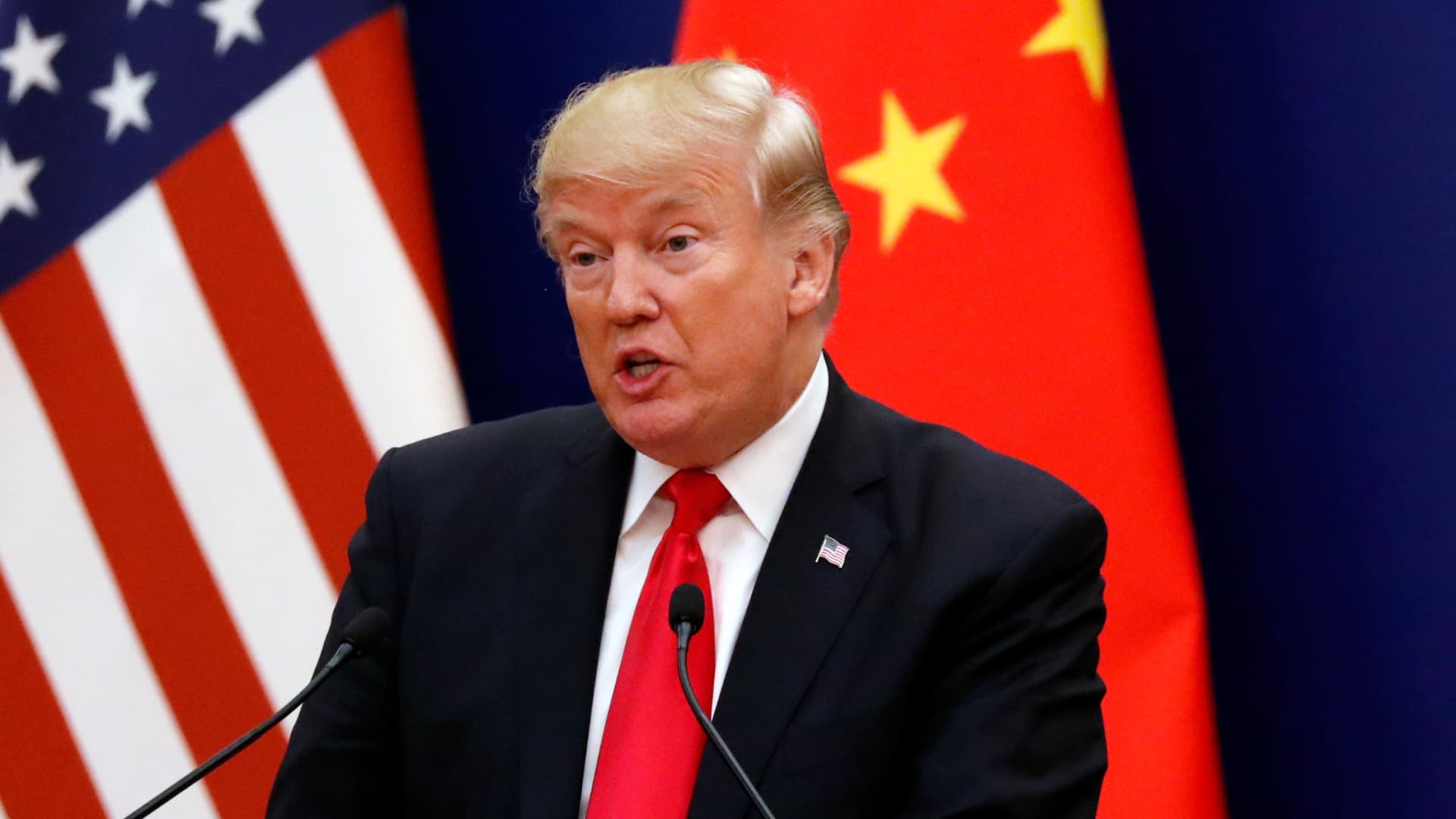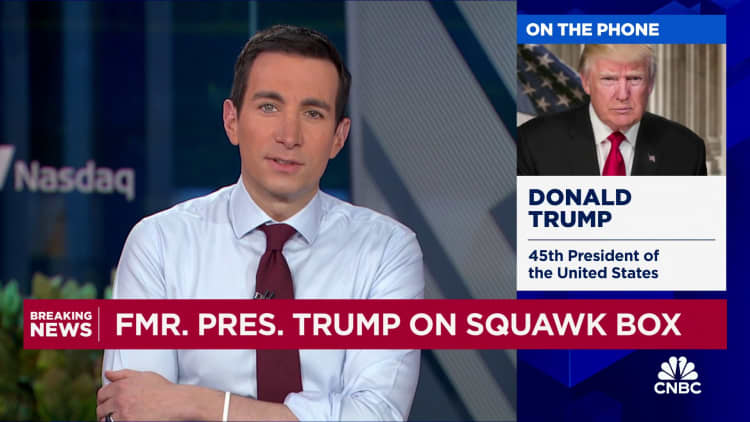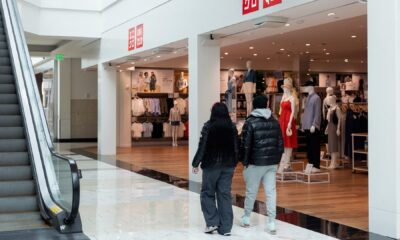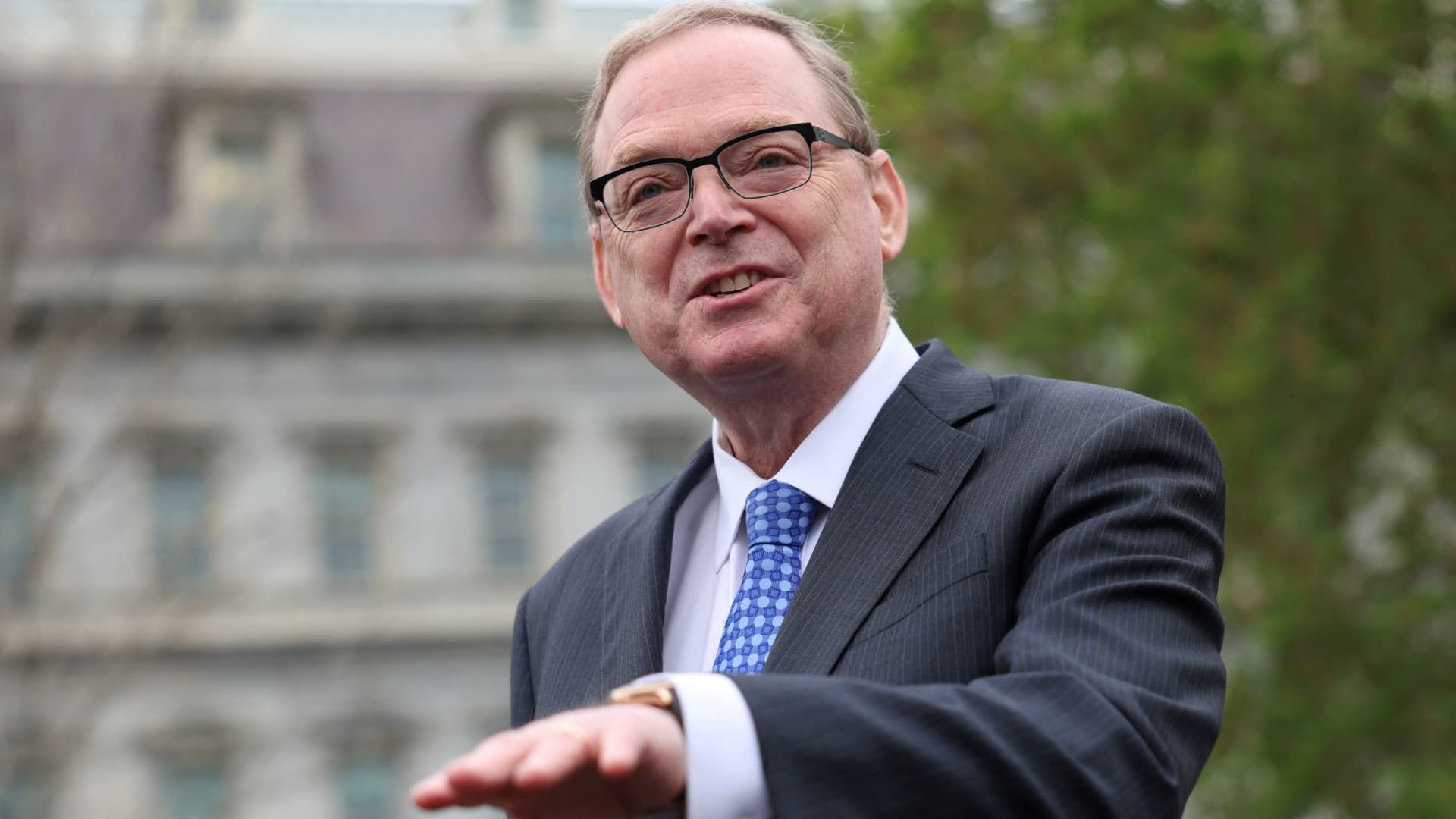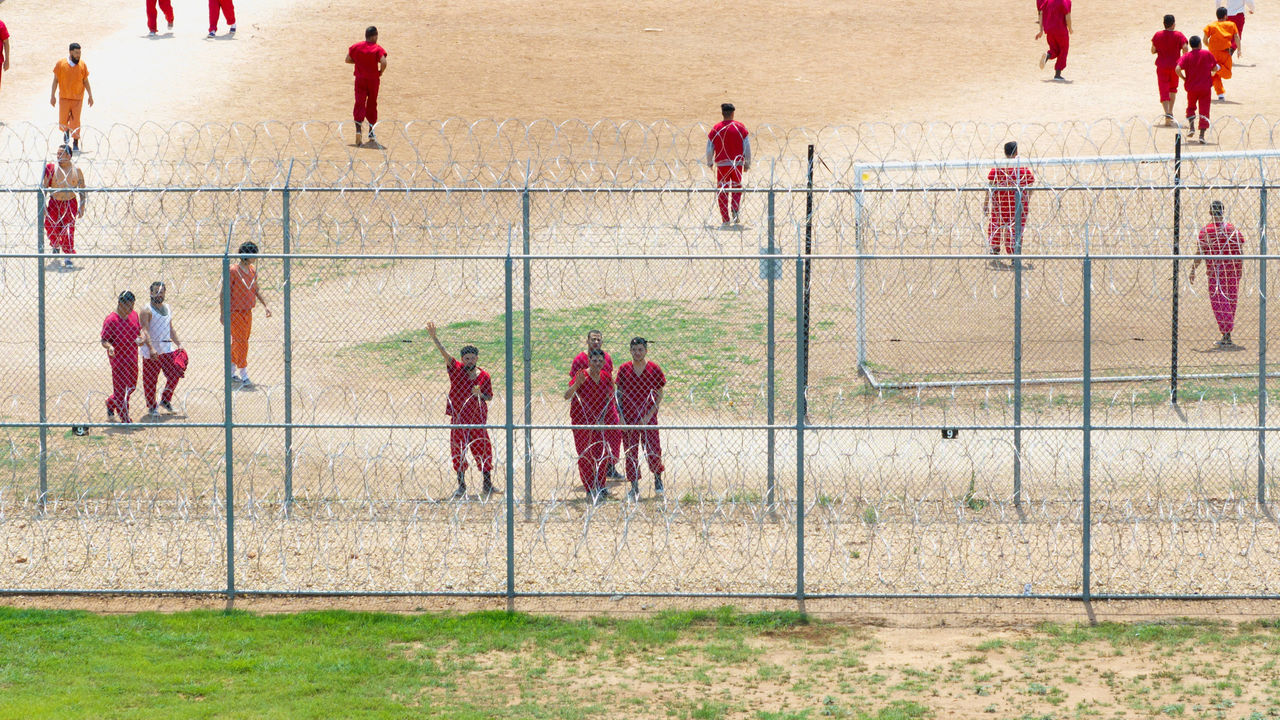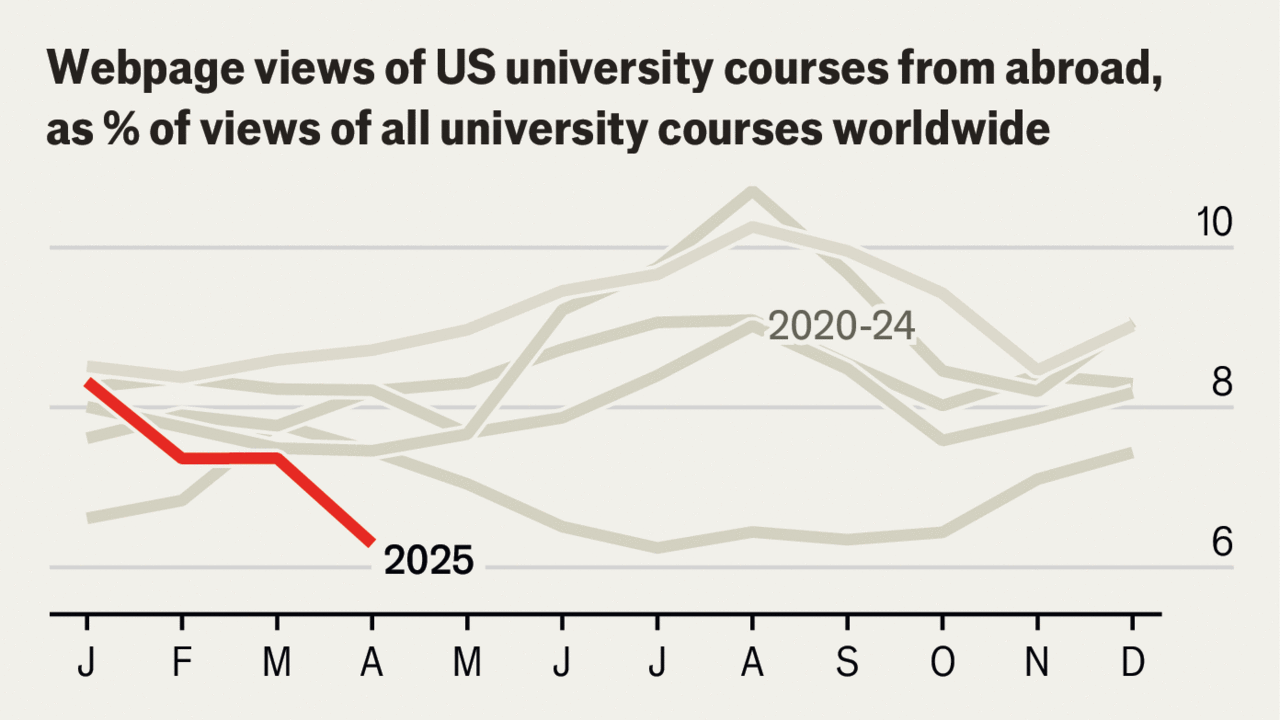Proclaiming that “I’m a big believer in tariffs,” former President Donald Trump on Monday indicated he’s likely to reinstitute duties on foreign goods should he win election to a second term.
In a CNBC interview, Trump cited both economic and political benefits from targeting foreign goods entering the U.S.
“I fully believe in them economically when you’re being taken advantage of by other countries,” the presumptive Republican nominee said during a “Squawk Box” interview, referring to tariffs. “Beyond the economics, it gives you power in dealing with other countries.”
The comments come as Trump is running a close race in the polls with President Joe Biden. With his latest slew of victories in the Republican primaries and all his opponents dropping out, Trump looks set to become the party nominee in a race where the economy will loom large.
During his administration, from 2017-21, Trump instituted a variety of tariffs on China, Mexico, the European Union and others. In particular, he slapped 25% duties on imported steel as well as aluminum.
In China’s case, many of the tariffs have remained in place under the Biden administration.
“China was taking advantage of us on the steel. They were destroying our entire steel industry, which was never doing very well over the last 25 years anyway … because it’s been eaten alive by foreign competition,” Trump said. “I put a 50% tax on China’s steel coming in. And every person in the steel industry, when they see me they started crying. They would hug me.”
Trump called out the Chinese automobile industry specifically for future targeting.
“China is right now our boss. They are the boss of the United States, almost like we’re a subsidiary of China,” he said.
China produced about 30 million vehicles in 2023 and saw about a 50% year-over-year increase in January, according to MarkLines. A group of Democratic senators from auto-producing states recently urged Biden to slap tariffs on Chinese electric vehicles entering the U.S.
Trump said he would seek tariffs to try to get China to build more of its cars in the U.S.
“The whole topic of tariffs is so simple. No. 1, it’s great economically for us, and it brings our companies back, because if you charge tariffs to China, they’re going to build … their car plants here and they’re going to employ our people,” he said. “We don’t want to get cars from China. We want to get cars made by China in the United States using our workers.”
Critics charge that tariffs are counterproductive because they make imported goods more expensive. Inflation, however, was subdued during Trump’s time in office, as the consumer price index rose less than 8% total over the four-year span, compared with about 18% under Biden.

 Accounting1 week ago
Accounting1 week ago
 Economics1 week ago
Economics1 week ago
 Personal Finance1 week ago
Personal Finance1 week ago
 Accounting1 week ago
Accounting1 week ago
 Finance7 days ago
Finance7 days ago
 Economics1 week ago
Economics1 week ago
 Economics1 week ago
Economics1 week ago
 Economics1 week ago
Economics1 week ago
